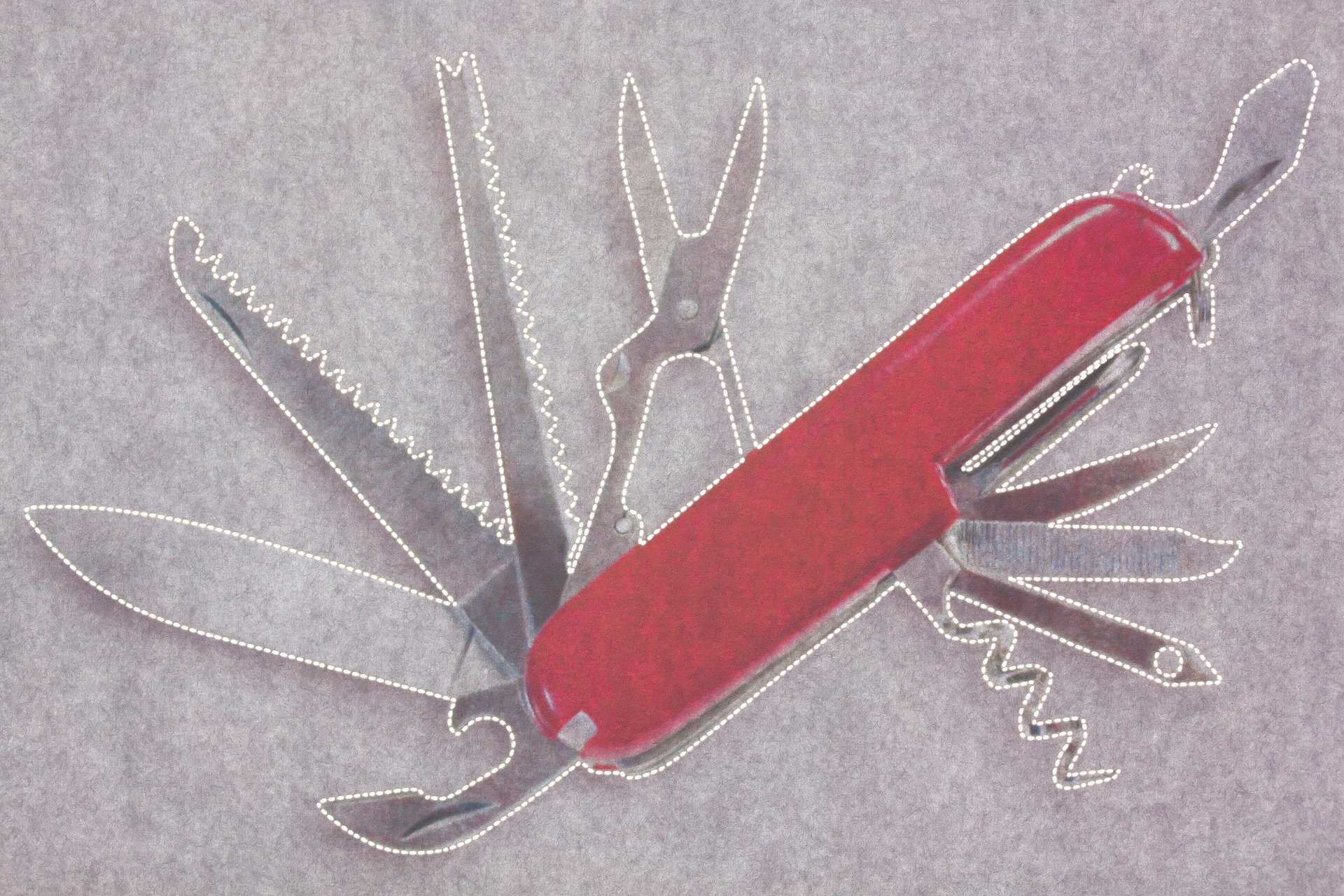Why Curiosity for Entrepreneurs
Why Curiosity For Entrepreneurs?
Could this be a Critical success Factor?
Curiosity and Entrepreneurship together make for deadly cocktail of creativity. This leads to innovation and creation of creation of outstanding products.
Curiosity is knowledge gathering.

Why Curiosity for Entrepreneurs
Lisa Frost-VP Operations & Culture at Bill Baren Coaching
Entrepreneurs, by their very nature, are always looking for new ways to do things, creative ways to solve problems and better ways to reach their audience. But curiosity is actually a mental muscle, and just like any muscle in the body, it needs to be exercised regularly to stay strong. When curiosity flags, you become more likely to stagnate, and so does your business.

Curiosity and Intrapreneurship
Curiosity is a powerful tool not only for entrepreneurs but
also for professionals in any role, department or industry. If you truly want
to achieve success, pay attention to what curiosity can teach you.
In the corporate world ,marketing and sales team are in constant touch with customers. The team will discover many hidden treasures by being curious about the needs and the usage pattern. This can lead to new uses of existing products or in developing new products.
The top management team should interact with customers and the curiosity that is shown by them will open their eyes.
Why Curiosity for Entrepreneurs-Customers
Curiosity and Customers
"Staying curious about your customers is crucial to great customer service.
When you are curious about what your customer is experiencing, even when they are unhappy, you learn how to more effectively solve customer related problems.
You learn how to make your product or service better, what systems are needed to serve your customers more effectively and even new ways to reach your customers.
Perhaps most importantly, your customer walks away from the exchange feeling heard. Curiosity makes you a better listener and better listeners keep customers happy.
Curiosity also helps to build lasting relationships, trust and loyalty. Without it, you run the risk of becoming cynical or disinterested in your customers."-Lisa Frost
Curiosity helps in understanding the perspective of any problem from user point of view which is referred to as empathy.
Curiosity also improves customer engagement leading to more satisfied customers.
Why Curiosity for Entrepreneurs-Enablers
Enablers of Curiosity
Listening and observation skills are critical traits for any entrepreneur. Listening to the stories of the employee, user, supplier etc., is useful and may unlock the next major innovation.
Do not avoid people who grumble or complain since a hidden gem may be discovered if properly engaged.
The comfort of focusing on the input of people who agree with you can become a trap. Everyone wants validation that his or her ideas are the right ones.
Why Curiosity for Entrepreneurs-Benefits
Curiosity also helps with choosing the right problems. You can't solve problems the existence of which you don't know. Chances of your solving some interesting/valuable problem, will increase.
More specifically, on the field of entrepreneurship an entrepreneur with a high level of entrepreneurial curiosity wants to know how certain system works; wants to know how his business, economy works… and use all available parameters thus convert them into knowledge in order to improve his/her business (Jeraj, 2012).
For example, one of the items in entrepreneurial curiosity measure is: “When I notice an abandoned building, I think about what business potential it represents for me”, and it indicates a clear entrepreneurial tendency even if it is treated among non-entrepreneurs.
Curiosity creates an opportunity to improve. Staying curious about your competition, and where your industry is headed, will help you see around corners and avoid pitfalls. It will also help you stay ahead of your competition and drive your success forward.
Why Curiosity for Entrepreneurs- Research Study
From a practical perspective, the present findings suggest that individuals with high level of entrepreneurial curiosity will probably have greater interest in entrepreneurship. In bigger organizations managers should test employees in order to distinguish more entrepreneurially motivated individuals and stimulate them to become active in intrapreneurship.
Why Curiosity for Entrepreneur- Develop Curiosity by asking Questions
Curiosity implies the asking of questions. Successful entrepreneurs do that all the time.
- How are you using my product?
- What can we do to provide you with the service you want?
- Do you need improvements to our offer?
Benefits of Curiosity for Startups
Curiosity prompts questions that lead to real answers.-Chandra Clarke
Solving a problem is one thing, but identifying new problems you don’t even realize exist is another thing entirely. How do you learn about concepts that you didn’t even know existed? It all starts with curiosity.
Curiosity leads to questions, and questions lead to answers. Those answers lead to a deeper understanding of the world around you and the opportunity to solve problems you wouldn’t even have known existed otherwise.
Staying curious makes learning fun. Nobody knows everything, and curious people are aware of this. Being humble and having an open mind lead to greater knowledge, and greater knowledge allows more thorough deliberation.
Why Curiosity for Entrepreneurs- Leads to Creativity
Curiosity and Creativity has led to two outstanding immortal products.

1.Swiss Army Knife*
Elsener started as a teenage apprentice cutter straight from school, and went on to turn a relatively simple penknife into the global phenomenon that is the multi-functional Swiss Army Knife.
During the late 1880s, the Swiss Army decided to purchase a new folding pocket knife for their soldiers. This knife was to be suitable for use by the army in opening canned food and disassembling the Swiss service rifle, the Schmidt -Rubin which required a screwdriver for assembly.
In January 1891, the knife received the official designation Modell 1890. The knife had a blade, reamer and can opener, screwdriver, and grips made out of dark oak wood.
In 1891, Karl Elsener, then owner of a company that made surgical equipment set out to manufacture the knives in Switzerland itself.He succeeded in attaching tools on both sides of the handle using a special spring mechanism: this allowed him to use the same spring to hold them in place, an innovation at the time. This allowed Elsener to put twice as many features on the knife.

2.Rubik Cube*
Rubik's Cube is a 3D combination puzzle invented in 1974by Hungarian sculptor and Professor of Architecture, Erno Rubik . Originally called the Magic Cube, the puzzle was licensed by Rubik to be sold by Ideal Toy Corporation in 1980 and won the German Game of the Year special award for Best Puzzle that year. As of January 2009, 350 million cubes had been sold worldwide making it the world's top-selling puzzle game. It is widely considered to be the world's best-selling toy.
In the mid-1970s, Erno Rubik worked at the Department of Interior Design at the Academy of Applied Arts and Craft in Budapest. Although it is widely reported that the Cube was built as a teaching tool to help his students understand 3D objects, his actual purpose was solving the structural problem of moving the parts independently without the entire mechanism falling apart. He did not realise that he had created a puzzle until the first time he scrambled his new Cube and then tried to restore it.
*Source: Wikipedia.
Why Curiosity for Entrepreneurs- Conclusion
- Entrepreneurs with curiosity will spot opportunities, build relationship with customers and can trouble competition.
- Curiosity also is an enabler in the corporate world to promote intrapreneurship.
- Creativity and Curiosity are desirable conjoined twins and cannot be separated.

